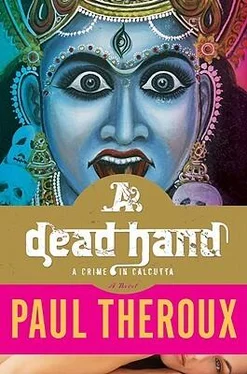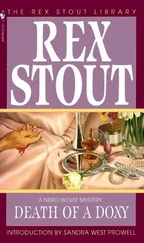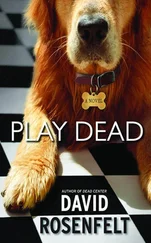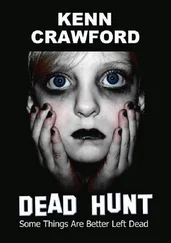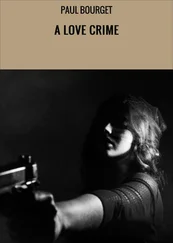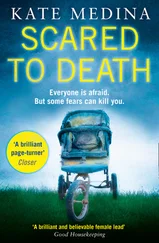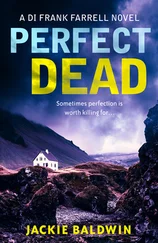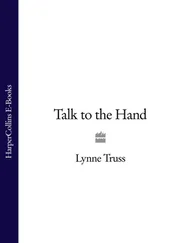"Any blood?"
"None that I could see."
"Did you turn on the light?"
"No, I was too scared. I had my mobile phone as torch, as I said."
"What did you do next?"
"Gathered up my things from the bathroom, put them in my little bag, and went downstairs. No one at the desk, just a chowkidar at the door. I slipped out and went to the market, where some people were setting up their stalls for the day ahead. It was still dark."
"Did anyone see you?"
He shook his head and said, "As far as I know." But he had become ashen. "You can't imagine what it's like to find yourself in the same room as a dead person. I was so terrified I called Charlie. He was with Ma in Uttar Pradesh. He was wonderful. Ma too. They came back to Calcutta that same day."
"But you didn't tell the police."
"It would have been much worse if we had. We didn't tell anyone. I had no idea that you knew until you showed up that night here. To be honest, I was a little surprised that Ma told you."
I didn't say so, but I was surprised myself. Why had she told me? I was a writer who sits at home inventing crimes, not someone who goes into the wider world encountering them.
And then Rajat smiled. But he was not smiling at me. He was looking past me. I turned and saw Charlie walking toward us. He greeted Rajat by bending toward him and giggling, and then he glanced at me and said hello, just that one word.
"I was asking Rajat about the hotel."
"The drama," Charlie said in a disbelieving tone. "You have no idea, doll. Shall we go?"
Rajat got up from his chair, but I stayed seated. It was clear that they had business elsewhere and that I was superfluous.
"How's your mother?" I asked.
"Fabulous, as always."
I wanted to ask him more, but his tone indicated that he had no interest in me — perhaps guessed that I was desperate. But here I was, trying to help his friend Rajat with a problem his mother had suggested I solve. Why didn't they ask me to join them? They had been so friendly when I'd been with them with Mrs. Unger present. But she had been different too.
Sitting there in this awkwardness while they stood over me, I felt perversely that Charlie did not in the least resemble his mother. He was dark, she was light; his hair was curly, hers was straight. Though she was slight and small-boned, she gave the impression of power; he was tall, yet he seemed weak and tricky to me. I resented him, especially this offhandedness. The social inferiority that I'd felt as a child in New York resurfaced in India, with all its snobbish inversions and semipolite rebuffs. I began to hate these two young men looming over me — Rajat too, for the way he had brightened seeing Charlie. To me he had shown only his bewildered gloom, and I had been fool enough to care about him.
"Ma is probably at the Lodge," Rajat said.
But of course I had no idea where it was, and I was too insulted to ask them directions.
"Thanks for your help," I said, meaning Up yours.
I guessed Charlie was being competitive, resenting my interest — another of Mother's friends trying to monopolize her time, maybe interested in her money. He had behaved like a rival with barely disguised aggression. So I watched them walk out of the verandah and through the lobby. And I thought, as I had many times in my life: What am I doing here?
Humiliated, I decided to leave Calcutta. This was all a horrible mistake. I had been misled and was feeling like a fool. I'd been away too long, I'd begun to drift, I needed to either put myself to work or accept the fact that some travel yields nothing but unrewarding repetition. I had overstayed my visit, and in the unreality of being in such an odd place I had gotten a little sentimental and susceptible. This was often the case — go far enough and something happens, a transformation, the traveler's pleasure and dilemma, an effect of solitude and strangeness. You begin to turn into someone else.

AND THE CITIES change too — or rather, after a time they reveal themselves. Calcutta, I came to understand, was a city that anyone could see had been made by human hands. Other cities are well cemented and engineered, all seamless surfaces. Calcutta was roughly plastered and painted; the Corinthian columns, the Ionic capitals, the rounded balusters and porticos, and much else that seemed like marble was really whitewashed wood. It was not beautiful but its handmade look gave it a human face, which is also a look of impermanence, if not frailty. The handiwork was evident in its patches, its irregular bricks, the botched painting, the clumsy flourishes in the carpentry, like the sad lacy panels on some house fronts, the lopsided designs, the mismatched joints, the tottering staircases. Nothing was square, nothing was plumb. Peering closely at this bulging and buckling city, I saw the hasty joinery, the hardened putty, the rusty nails, and I thought: A barefoot man did that with an old hammer in his skinny hand.
There was one other thing I had not seen at first, something that had slowly come into focus over this spell of living at the Hastings. It was a revelation I'd never had at the five-star hotels where I usually stayed free in return for writing about them. Nothing was new in Calcutta, at least nothing looked new, because every structure in this huge handmade city looked skeletal. Nothing new that worked: no new buildings, no new roads, even the street signs on the renamed roads looked ancient — Free School Street was Mirza Ghalib Road, Wellesley Street was Rafi Ahmed Kidwai. The city went on growing, yet it still looked rickety and ruinous, and in areas of faded elegance and dramatic misery a bad smell lingered, haunted and human.
I wondered whether I should leave, to be myself again. In order to ponder this, to think clearly, I took long walks down the side streets and alleys, zigzagging to the river by Eden Gardens, or making my way northward in the maze that lay to the east of Chowringhee, the motley neighborhood called Taltala. I had the pleasure, rare in the world, of strolling in a baroque antiquity. But more than strolling: enveloped by a kind of revisitation that I had known only in dreams, of living in India's past, part Raj, part ruin, which was the present in this unreconstructed city.
Solitary, looking for companionship, or simply to sit among like-minded drinkers, I stopped in bars. Indian bars, usually all male, and dark, could be depressing, and the rattle of the air conditioners lowered my spirits further. But I circulated and found some that cheered me up. The Oly Pub on Park Street I liked for being scruffy, and its seediness matched my mood. I indulged myself in that most un-Indian of activities, something that would have shocked Mrs. Unger, eating the Oly's famous beefsteak. It pleased me to watch the way they poured me a whiskey by measuring it in large or small jiggers, the barra peg or chota peg. Upstairs among the younger clientele there were sometimes women drinkers, which would have been unheard of in New Delhi or Madras but not in the Calcutta I had begun to find congenial. Now and then I would see a rat in the Oly, and one night I saw two huge rats crossing from one side of the room to the other, showing no more hurry than any of the drifters or drinkers there.
On the first floor of the Roxy Cinema, behind the Oberoi Grand, where I'd first met Mrs. Unger, was the Roxy Bar, where there was no chance of meeting her and where in the evenings I listened to live music from Bollywood films. The drinkers here, a step down from the Oly's, were mainly lowly clerks and drudges, people with little education but with enough extra money for a bottle or two of beer. The waiters in bow ties and white shirts were the only formal aspect of the Roxy. In my self-dramatizing way, I fantasized that it would be a good place for someone like me to have a secret rendezvous.
Читать дальше
